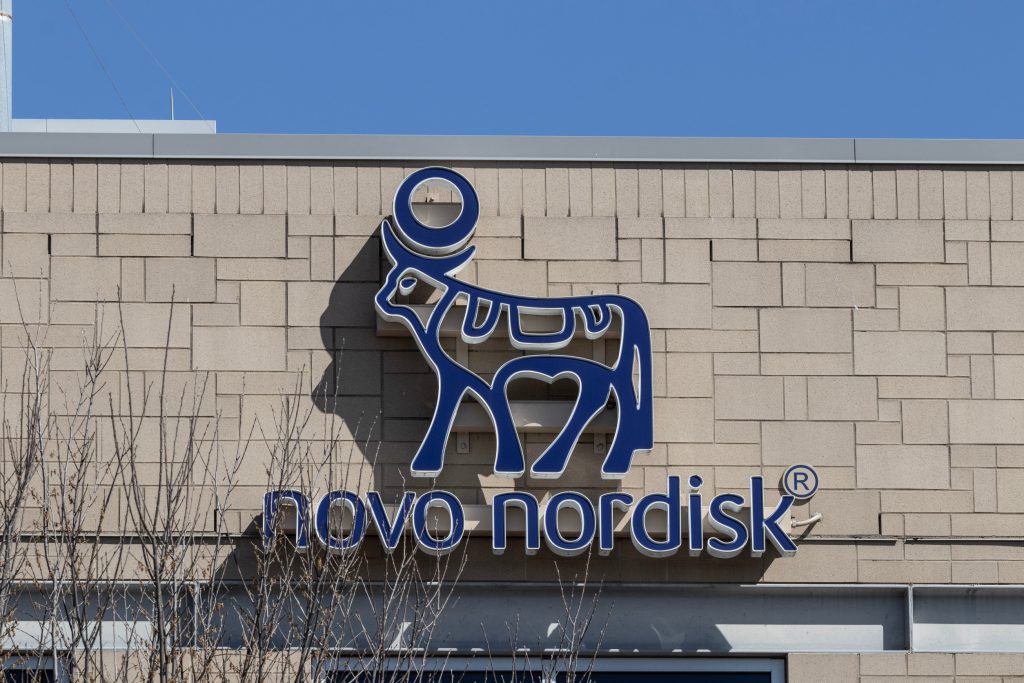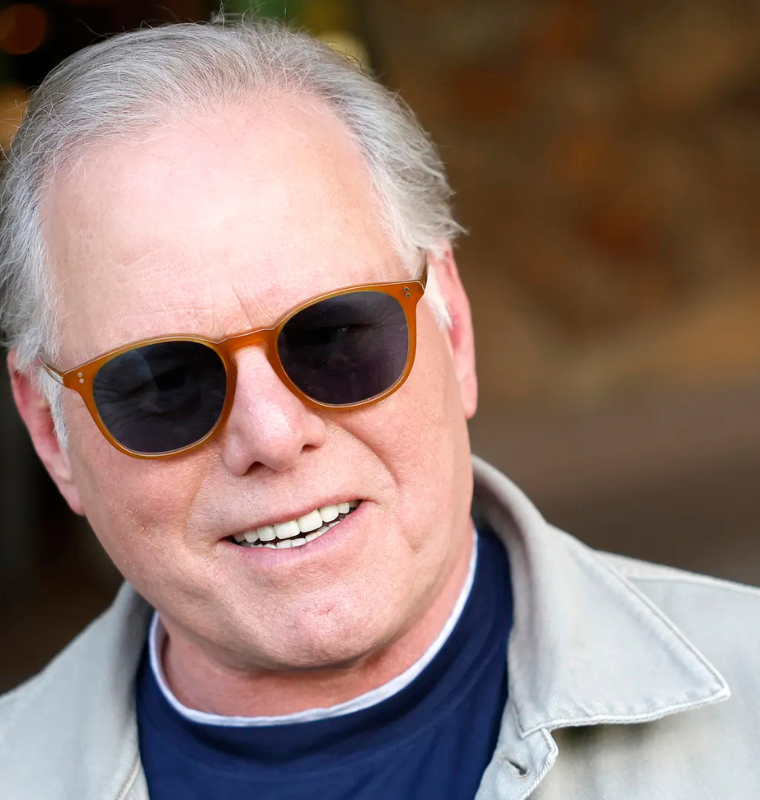Leadership Shake-Up at Novo Nordisk as Chair and Multiple Directors Step Down After Boardroom Clash
Leadership Shake-Up at Novo Nordisk as Chair and Multiple Directors Step Down After Boardroom Clash
By
Junia Wells
Last updated:
October 22, 2025
First Published:
October 22, 2025

Photo: Invezz
A major leadership reshuffle is underway at Novo Nordisk, the world’s most valuable pharmaceutical company, after several of its top directors resigned following a heated dispute with its controlling shareholder, the Novo Nordisk Foundation.
The Danish drugmaker, globally known for its blockbuster diabetes and weight-loss drugs Ozempic and Wegovy, announced Tuesday that board members failed to reach an agreement with the Foundation on the future composition of the company’s board — leading to a wave of resignations at the top.
Shares of Novo Nordisk A/S, listed in Copenhagen, fell 1.3% following the announcement, as investors digested the implications of the sudden leadership overhaul.
A Power Struggle at the Top
The conflict stemmed from differing visions for the company’s board structure. According to outgoing Chair Helge Lund, the board had proposed a modest renewal plan focused on “adding select new competencies while maintaining continuity.” The Foundation, however, pushed for a more aggressive reconfiguration, arguing that the company needed a faster, more decisive governance model.
At the center of the shake-up is Lars Rebien Sørensen, the Foundation’s current chair and former long-serving CEO of Novo Nordisk. The Foundation has proposed that Sørensen assume the role of chair of the board of directors, effectively consolidating leadership between the company and its controlling shareholder.
Sørensen, who briefly joined the board as an observer in May to oversee the CEO transition process, is now positioning himself to lead the company’s next phase of transformation.
Disagreement Over Strategy and CEO Selection
While both sides agreed on Novo Nordisk’s overall strategic direction — centered on strengthening its diabetes and obesity drug portfolio — tensions escalated over leadership succession and how quickly decisions should be made.
Sørensen reportedly criticized the board for being “too slow” to react to rapid market shifts, especially in the U.S. pharmaceutical sector, where competition from Eli Lilly’s Mounjaro has intensified.
A key flashpoint was the handling of the CEO transition earlier this year. The Foundation wanted a swift appointment to ensure stability, while the board favored a broader search, evaluating both internal and external candidates. Ultimately, Lars Fruergaard Jørgensen was replaced in May by Mike Doustdar, a Novo veteran tasked with resetting the company’s growth trajectory.
Major Departures and New Leadership Line-Up
Several senior figures, including Chair Helge Lund, Vice Chair Henrik Poulsen, and independent directors Laurence Debroux, Andreas Fibig, Sylvie Grégoire, Christina Law, and Martin Mackay, will not stand for re-election at the upcoming Extraordinary General Meeting (EGM) on November 14.
Remaining board members include Kasim Kutay and employee-elected representatives Elisabeth Dahl Christensen, Liselotte Hyveled, Mette Bøjer Jensen, and Thomas Rantzau.
The Foundation has nominated new directors, including Cees de Jong as vice chair and Britt Meelby Jensen, Mikael Dolsten, and Stephan Engels as new board members.
The Foundation stated that its goal is twofold: to accelerate Novo Nordisk’s transformation plan and to appoint a long-term chair capable of leading the company into the 2030s.
A Tumultuous Year for Novo Nordisk
The internal power struggle comes during a volatile year for Novo Nordisk, which has faced mounting competition in the $100 billion global obesity treatment market. Despite record-breaking sales of Wegovy and Ozempic, supply chain constraints and growing rivalry have pressured margins.
Earlier this year, CEO Mike Doustdar announced a major restructuring plan to “reset and refocus” the company’s operations. The overhaul includes cutting 11.5% of Novo Nordisk’s global workforce — equivalent to thousands of jobs — as part of a strategy to streamline operations and double down on its core metabolic disease business.
The restructuring is expected to save billions in annual costs while freeing up resources for R&D investments in obesity, diabetes, and cardiovascular therapies.
Balancing Innovation with Stability
Industry observers see the current leadership changes as an effort by the Foundation to tighten control and speed up decision-making during a period of rapid industry change. With global demand for GLP-1 drugs soaring, the stakes are high for Novo Nordisk to maintain its dominance and respond swiftly to market and regulatory shifts.
While the boardroom dispute may unsettle investors in the short term, analysts note that the Foundation’s close involvement could bring greater strategic alignment in the long run — provided the transition is managed smoothly.
For now, all eyes are on the November 14 EGM, where shareholders will vote on the proposed new leadership. The outcome will shape not only Novo Nordisk’s governance model but also the trajectory of one of Europe’s most influential pharmaceutical giants as it navigates the next decade of growth and innovation.
Popular articles
Subscribe to unlock premium content
The Hidden Economy of Minecraft Server Plugins That Earn Thousands Monthly

Why Classic Ferrari F40s Command Prices Higher Than Some Modern Hypercars

How The Gentle Monster Sunglasses Brand Became a Cult Fashion Phenomenon in Korea

The Hidden Economy of Minecraft Server Plugins That Earn Thousands Monthly

Why Classic Ferrari F40s Command Prices Higher Than Some Modern Hypercars

The Hidden Economy of Minecraft Server Plugins That Earn Thousands Monthly









